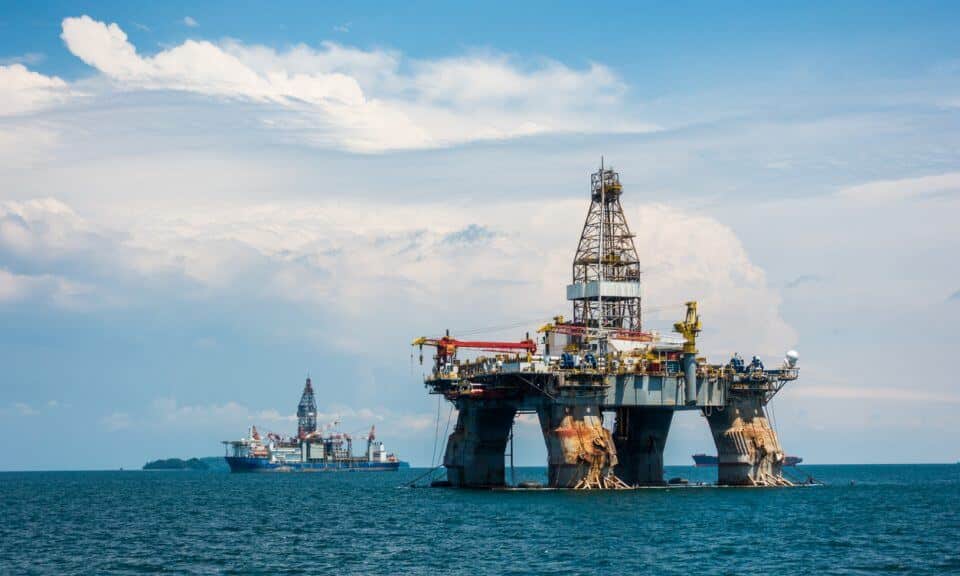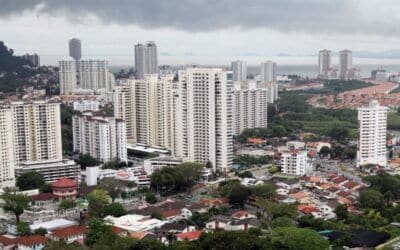Last updated January 8th, 2024.
We usually focus on Asia’s countless opportunities for profit. Generally speaking, Asia has a very bright future ahead of itself.
The continent’s economic growth rate exceeds practically anywhere in the Western world. This trend appears set to continue in the foreseeable future.
With that said, not all countries in Asia have solid economic prospects. That’s the purpose of this article. Knowing where not to invest is just as important as knowing where to.
The truth is that while plenty of investment gurus will tell you where you should invest, not many will tell you where you should not.
And that’s where we come in.
Brunei is one place investors should avoid at all costs. This wealthy, oil-rich sultanate of 400,000 people is heading in the direction no other nations would want to go, and yet they don’t seem to be aware.
Below are reasons why, other than North Korea, Brunei is the worst country in Asia to invest in.
Brunei’s Nearly Endless Recession
We’re not in 2020 anymore. Yet Brunei still suffers from one of Southeast Asia’s worst economies.
Brunei’s weak economy posted only four years of GDP growth over the past decade. The IMF and World Bank predict sluggish growth in the immediate future, too.
GDP growth in Brunei fell by 0.8% last year, which ranks it among Asia’s worst economies in a region of mostly winners.
Why has Brunei barely escaped recession a decade after the last global financial crisis? Low oil prices are a primary contributor to the problem.
Vast oil reserves once made Brunei the wealthiest country in Southeast Asia on a per capita basis. The nation barely diversified its economy outside the oil and gas sector, though.
That’s in stark contrast to Dubai or neighboring Malaysia, for example, which used their oil money to become top financial hubs. Brunei suffers from abysmal long-term planning in comparison.
With crude oil prices still far lower than the mid-$100 level previously seen, it’s easy to understand why Brunei is now going through some rough times.
Two additional reasons below certainly don’t help Brunei’s status as the worst country to invest in Asia either.

Brunei is oil-rich and boasts one of the world’s highest energy reserves per capita. Unfortunately, that’s about all they can offer you.
Brunei isn’t Friendly to Foreign Investors
Brunei is also one of the most difficult places to invest in Asia – especially as a foreigner. Here are a few good examples.
Foreign investors cannot own property in Brunei. You could not even get a long-term lease on real estate up until recently.
The government began allowing non-citizens to lease property for a maximum term of 99 years back in 2017, and only because the economy was so bad they needed to find a way to invite more investors.
Yet this small, practically meaningless step toward business deregulation doesn’t help Brunei at all. A leasehold extension also doesn’t attract any significant amount of capital or foreign business as the government might have hoped.
It’s too little and far too late. Foreign investors who knew better have chosen better options nearby, such as Malaysia, where you can own land on a freehold basis. And anyone who may still be pondering Brunei should also know it by now.
Furthermore, Brunei still doesn’t have a stock exchange. There have been talks about it, and you can find news reports about the Minister of Finance stating that, for the country to have a stock exchange, the majority of its citizens must be more educated first.
The fact that you cannot buy equities or real estate in Brunei leaves foreign investors with only one feasible option: starting a local company.
You shouldn’t be surprised that doing business in Brunei is also an absolute pain. Every other type of investment in Brunei is, too, after all.
The government is difficult to work with, and Brunei’s energy sector is about the only industry with any resemblance of decent long-term prospects.
Creeping Islamization and Sharia Law
This reason might be controversial. We should clarify that Muslim countries aren’t necessarily bad to invest in.
For example, Indonesia, Malaysia, the UAE, and many other Muslim-majority nations are doing fine economically.
Brunei is taking things to a whole different level, though. They’re less like “Malaysia” and more “Saudi Arabia” with regard to the legal direction they’re going.
Hassanal Bolkiah, Sultan of Brunei and among the world’s richest men, is overseeing Brunei’s transition toward a system of Sharia law.
Sharia law will replace existing ones in several planned phases, and the transformation will apparently finish in 2035.
Until then, Brunei’s Sultan is pushing forth laws that involve banning Christmas celebrations, stoning adulterers, and cutting off the limbs of thieves.
We aren’t here to criticize people’s religion. Our site is about investments in Asia – not social commentary.
But hopefully, you can understand why such factors would make foreigners reluctant to live or invest in Brunei. It directly leads to declining foreign capital, which means weaker economic growth.
Put simply, you should strongly reconsider if you’re thinking of starting a business or otherwise investing in Brunei.
Don’t go to the worst country to invest in Asia. Start looking at the region’s best places to invest instead.
EDITOR’S UPDATE: This article has been read by over 40,000 people in Brunei since it was initially published. That’s 10% of the entire country’s population, and the numbers keep increasing.
Naturally, locals have given us a lot of hate (and some support!) because we said Brunei is the worst country to invest in Asia.
The truth often hurts. InvestAsian will continue telling our readers the facts about places that aren’t competitive, though.
Brunei’s situation might improve if locals were less eager to defend an economy that has been in recession for most of the past decade.
Skip the Next Western Recession
Learn the best places to invest - and where to avoid - by downloading our free Investment Cheat Sheet.







